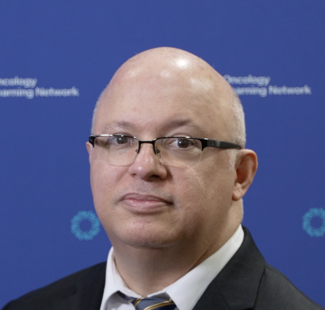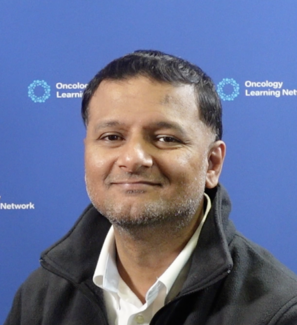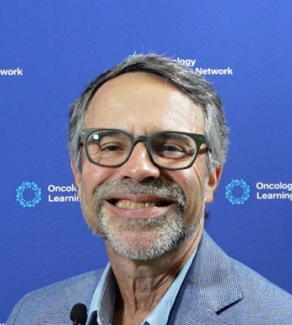Benefits of Dual Maintenance Therapy for Treating Multiple Myeloma Following Transplantation
At the 2025 Great Debates (GD) in Hematologic Malignancies meeting in New York, New York, Joshua Richter, MD, Tisch Cancer Institute, New York, New York, participated in a debate discussing the role of dual maintenance therapy among patients with multiple myeloma (MM) following autologous stem cell transplantation (ASCT), highlighting the benefits of therapy, including deeper remissions and more durable responses.
Transcript:
Hi, I am Dr. Joshua Richter. I'm an associate professor of medicine at the Tisch Cancer Institute, Icahn School of Medicine at Mount Sinai, and the director of Myeloma, the Blavatnik family, Chelsea Medical Center at Mount Sinai. Excited to be at Great Debates in Hematology this year. I have the honor of debating Dr Noah Biran on the subject of maintenance therapy following autologous stem cell transplant in multiple myeloma.
The question is, for years we've been using single-agent. In fact, the standard in the US and many other places is single-agent lenalidomide after autologous transplant. However, with a number of studies, including FORTE, we've began to explore the role of dual maintenance, specifically in patients with high-risk myeloma.
The task at hand is to debate should all patients get dual maintenance, or should no one get dual maintenance? Noa and I really duke it, but I make a persuasive argument [as to] why I think many patients will benefit from dual maintenance. Again, not necessarily dual maintenance to progression, but we know that more tends to be better. We get deeper remissions and from myeloma, deeper remissions tend to be more durable.
From my standpoint, I was happy to be on the side of dual maintenance, I think it's really the state of the art.
Source:
Richter J. Debate- Should All Patients with Myeloma Receive Dual Maintenance after Transplant? Yes vs No. Presented at the Great Debates in Hematologic Malignancies meeting. June 28-29, New York, New York.
















